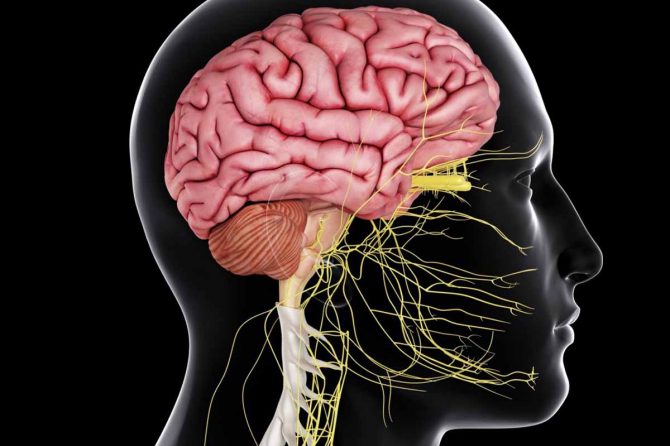
Advancements in the treatment of Multiple Sclerosis
Multiple Sclerosis (MS) is a chronic neurological disease that affects millions globally. It is characterised by a progressive disability in doing the basic of functions due to an inflammation inside the Central Nervous System (CNS), as a result of a damage to myelin which is a protective coating around the nerves inside your brain. Although a cure is yet to be found, over the past decade there have been quite a few emerging treatments that can help in preventthe disease from getting even more debilitating for its sufferers.
Disease Modification Therapies (DMT)
DMTs for MS are basically vital drugs and dozens have been approved over the years by the Food & Drug Association (FDA) inside USA, to help change the trajectory of this disease. The prime function of these DMTs is to limit the frequency and severity of MS attacks. Of the three forms of MS, the relapsing MS account for 85% of the cases, while 10-15% of the cases make up primary progressive MS (PPMS). In 2017, the FDA had approved Ocrevus (ocrelizumab), which was the first DMT for primary progressive MS, which affects 10% of the diagnosed cases of MS at the onset. This year in March, Ponesimod, has been reported to have shown to reduce the possibility of relapses by a margin of 30.5%.
AHSCT
Apart from creation of drugs that can the slow the progression of MS, there have also been few bold advancements in terms of stem cell transplantation also known autologous hematopoietic stem cell transplantation (AHSCT). This is to reinvigorate the immune system of the MS patient. The stems cells are derived from the patients own blood and stored for later reintroduction into the body.
Symptomatic Therapies
This strand of therapy focuses on providing a more holistic form of treatment to the disease. They do this by directing therapies that help with improving stamina, other cognitive issues, mood fluctuations as well as bladder function. However, as with any chronic ailment, one has to account and take care of other issues such as hypertension, obesity, diabetes that can impede effective treatment.

